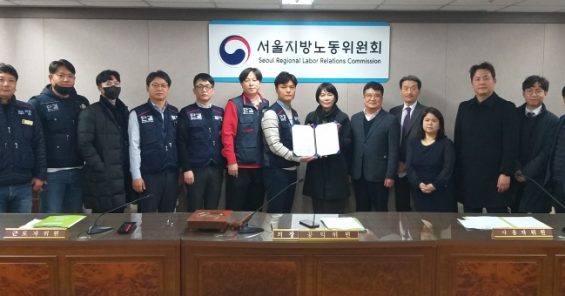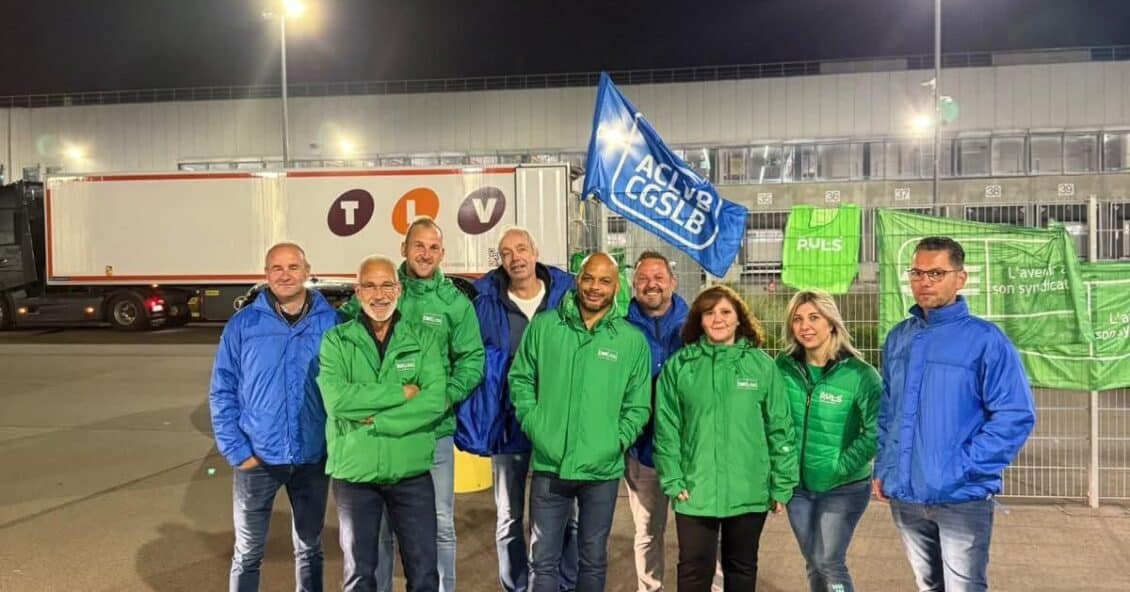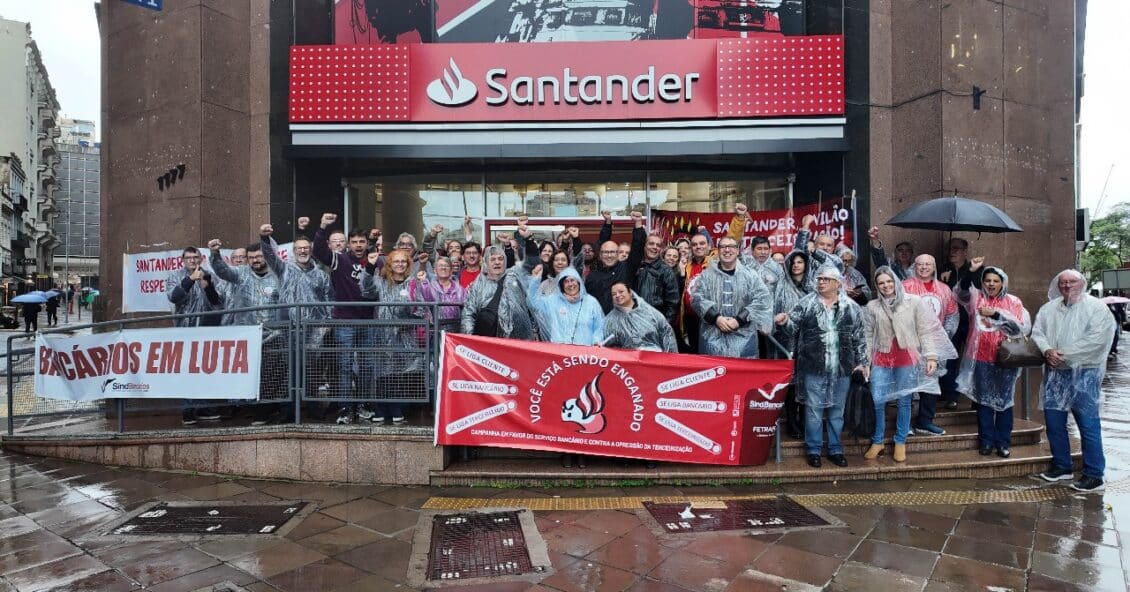The German healthcare giant Fresenius FMC and FMC Korea Union reached an agreement earlier this month that could open the door to a collective bargaining agreement for 240 healthcare workers in South Korea.
For the first time, Fresenius agreed to a set of improvements to guarantee union rights and improvements in working conditions such as adding 5 paid sick days and additional annual leave.
“This is the first step toward a solid collective bargaining agreement,” said Rajendra Archarya, Regional Secretary of UNI-APRO. “I am hopeful that Fresenius will see the value of having amicable industrial relationships.” Adrian Durtschi, head of UNI-Care said: “It’s encouraging to see progress to reach an agreement that would benefit workers and the employer. We will continue our support until the final agreement is reached.”
Headquartered in Bad Homburg, Germany, Fresenius is a healthcare giant that employs 290,000 workers around the world and records about 30 billion euros ($32.3 billion) in annual sales. In Korea, the company operates Fresenius Kabi Korea, mainly selling nutrients, and Fresenius Medical Care, marketing kidney dialysis machines, dialysis fluids, and services.
Kim Nam-Kyu, FMC Korea Union president thanked UNI Global Union for the support and particularly for the recent visit by Ruben Cortina UNI Global President, Alke Boessiger Deputy General Secretary, and lawmaker Lee Yong-Deuk.
Alke Boessiger, Deputy General Secretary of UNI Global Union, stressed during her visit that “The problems in Korea, along with obstacles faced by workers in other countries, show a systemic and global problem at Fresenius. FMC Korea and its German mother company Fresenius should immediately engage in meaningful negotiations with unions in Korea to remedy this ongoing denial of workers’ rights.”
“Without support from UNI and our local unions it would have been impossible to get the first basic agreement,” said Kim Nam-Kyu.


